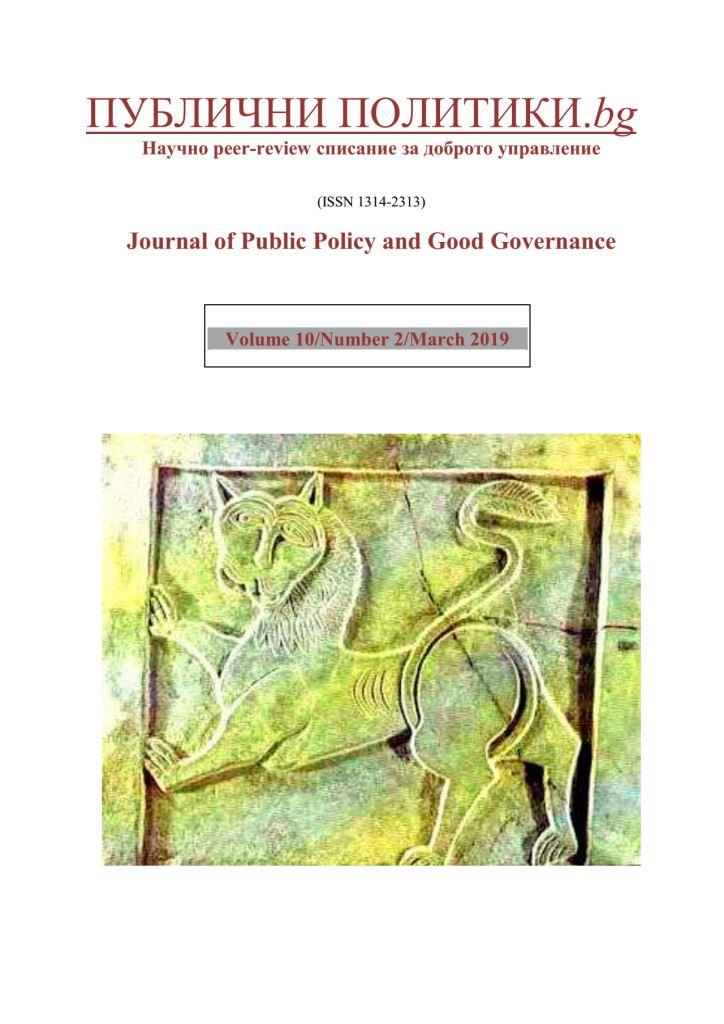LITHUANIA’S DECISION TO JOIN THE EURO ZONE IN 2015: CORRECT AND TIMELY?
LITHUANIA’S DECISION TO JOIN THE EURO ZONE IN 2015: CORRECT AND TIMELY?
Author(s): Rūta VainienėSubject(s): Politics / Political Sciences, Governance, Public Administration
Published by: Софийски университет »Св. Климент Охридски«
Keywords: public administration; public policy.
Summary/Abstract: Being a member of the European Union Lithuania has an obligation to join the European Monetary Union. The first attempt to meet Maastricht criteria was done on the 1st of January, 2007. However Lithuania failed to fulfill the inflation target. Recorded inflation for March of 2006 (as it was the reference period) was 2.72 percent, given that the criterion was 2.66 percent (if using the CPI data provided by the Eurostat with two digits precision). So, Lithuania had 0.06 percentage point bigger inflation that was required. It was considered as a huge failure of economic policies as the major impact to the raising inflations was made due to the rise of the regulated prices of energy and transportation. In 2009 the major economic crisis hit, followed by the increase in the public debt and raising fiscal misbalances. At present Lithuania would not meet the criterion on fiscal deficit, the inflation could also be an obstacle. The critics of the Lithuanian economic policies are strengthened by the fact that being in the worse condition in 2007 (did not meet criterions by the larger extent), the other Baltic State – Estonia - managed to meet the criterions and joined the euro zone as of the 1st of January, 2011. As Baltic States are competing for the investment, the euro in Estonia is considered as a big advantage for the investors, creating larger stability and credibility. Both countries had very strong links between national currency and the euro through the currency board arrangement, meaning the fixed exchange rate and 100 % reserves of foreign currency. That was considered as very similar starting positions. Estonia joined the euro zone probably in the worst period for the euro itself. The stability of the euro is threatened by the debt crisis in Greece, Italy, Portugal, Spain and unsustainable social security policies in all EU countries. Newcomer in the Euro zone is the most disciplined country – Estonia has balanced the budgets and demonstrates the best economic results. Being a member Estonia will have to contribute to the Financial Stability Fund to bail out economies that were performing loose fiscal policies. Tax payers of responsible countries are paying for irresponsible and that creates moral problems in addition to financial. Moral hazard is encouraged. The opaque future of the euro as a stable currency raises the question if the countries outside the euro zone should seek joining the EMU. The paper analyzes major benefits and drawbacks of the being inside and outside the euro zone, given the risks for the euro zone itself.
Journal: ПУБЛИЧНИ ПОЛИТИКИ.bg
- Issue Year: 10/2019
- Issue No: 2
- Page Range: 24-33
- Page Count: 10
- Language: English

